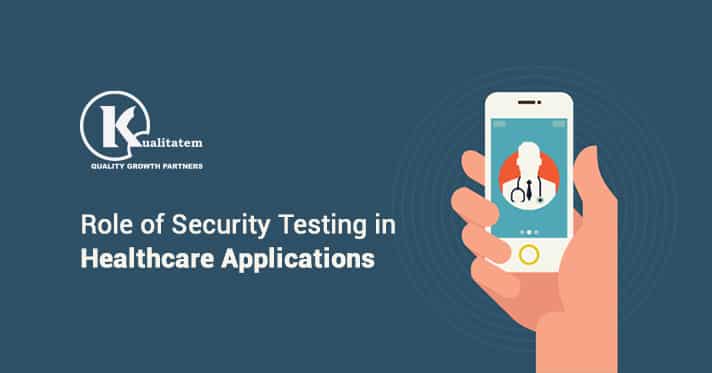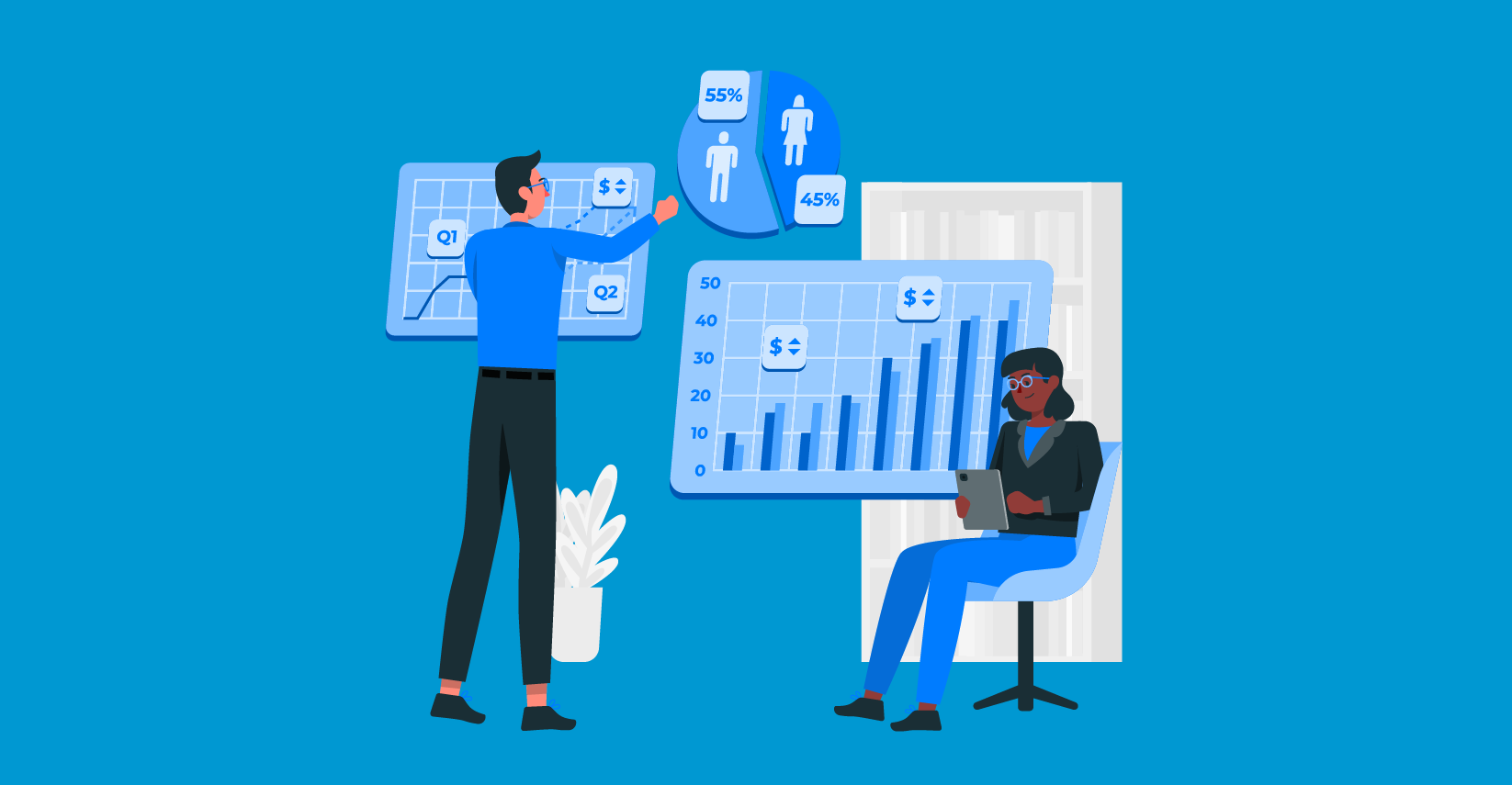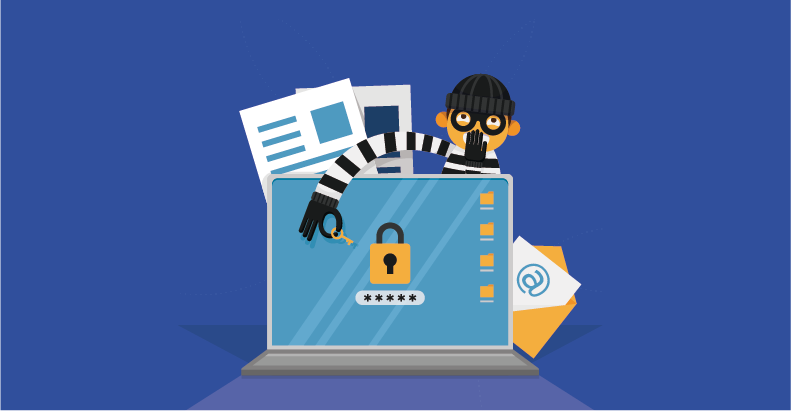Role of Security Testing in Healthcare Applications

- April 3, 2020
- HibaSulaiman
Most of the healthcare enterprise applications house thousands of critical data about patients and various organizations they serve. This can also include sensitive information such as identity details, account details, payment information, and health records. Because the sensitivity of this data is incredible, comprehensive security testing is a must for healthcare applications.
Following are some of the specific role of security testing in the healthcare domain:
Protecting PHI
Security testing reveals all potential risks and vulnerabilities associated with protected health information (PHI). Attacks such as decryption attempts are also revealed by strategic security testing. PHI must be completely secure to ensure that your application meets HIPAA compliance.
Validating Data Storage
It’s equally important to keep the stored data safe as much as it is to keep the transferred data from a breach. With the help of a security testing company, you can ensure the safety of your data storage techniques, whether they are plain-text or encrypted. On a broader scale, it provides an analysis of your policy-based data management, your encryption technique, and your current security solution.
Validating Security Techniques
Are you using an encryption algorithm or two-way authentication to safeguard your application’s data? Security testing provides you a lens of a critic and completely evaluates your specific mechanism to ensure safety.
Applications support data exchange across mobile devices, cloud storage, and email. The
Protecting Data Transmission
data should be encrypted and properly protected against unauthorized access at every stage of that exchange. Especially during transmission, this data can be a matter of life-and-death, and to ensure that it is shared as intended requires proper security testing.
Validating Identity and Access Management
Don’t be mistaken, the attackers would leave no stone unturned until they find a security loophole and when they do, it’s their gain and your loss. So, before someone else does it for you, detect vulnerable access points by leveraging security testing which allows your team to mitigate any attempt to breach patient privacy and improve identity validation.
Assessing Risk Before Release
Before your scheduled release, the risk level of your application can be known. This will provide your team ample amount of time to find, diagnose and fix all related vulnerabilities and threats within the application.
Improving Software Quality
Who doesn’t want safe software for their organization? But when it comes to the healthcare sector, this “want” is a necessity and it’s not an option. The ability to find bugs early in the software development lifecycle will reduce overall cost while ensuring a high-quality product at release time.
Building Trust and Confidence
HIPAA compliance is the stamp of approval, and without security testing, it can’t be attained. If there is no confidence in your application, the investors will not invest in it and the organization will not use it. With security testing, you can build trust and boost the growth of your business in the long run.
Conclusion
What’s better than hiring an expert for the job? Yes, security is not a child’s play (and not an adults’ play if they’re unskilled and unreliable). So who do you trust? A security testing company. Choose a reliable company with sufficient resources and experience in healthcare. Such a company would use various methods and techniques to evaluate your security posture and detect security loopholes before the attackers do that for you.











